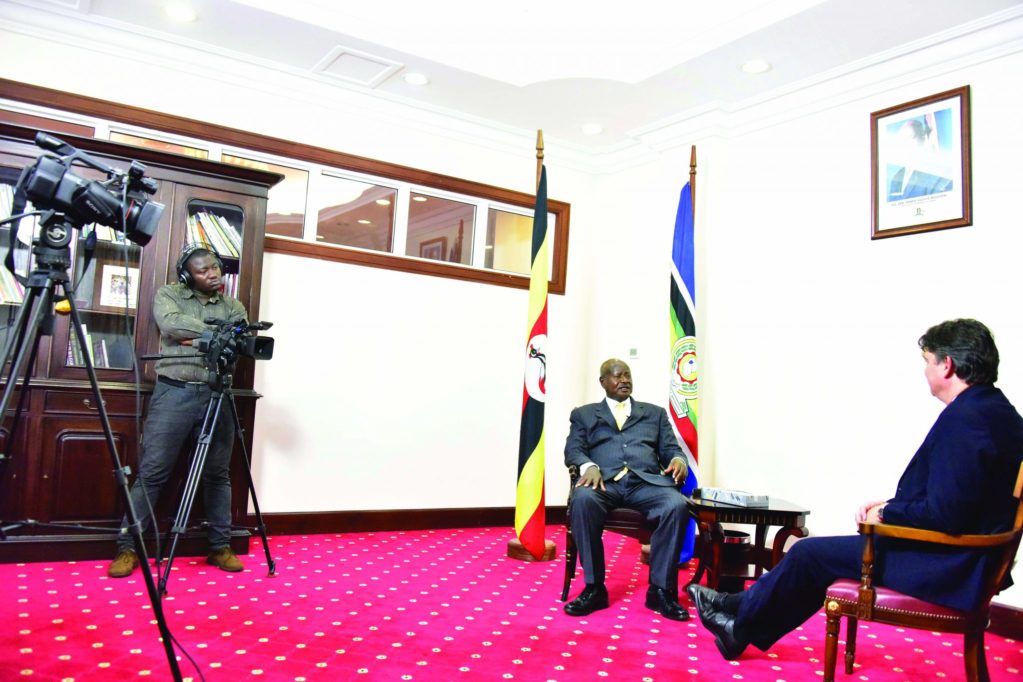President Museveni: We had to persuade our parliament to prioritize infrastructure instead of other areas like increasing public servants salaries. We restrained them and we put up money for the roads, for the electricity, the schools, social infrastructure, for the hospitals, so I have no complaints. I am together now with our leadership. Because in the past they would be not so clear as to what comes first.
Forbes Africa: Almost every country is struggling with electricity. How big is the infrastructure deficit in Uganda?
President Museveni: It was a big problem in the past but we have now caught up with the demand and remain ahead of demand all the time. We are building new dams now, Karuma, 600-700MWs, Isimba almost 200MWs and there are new ones which are on the way. And then there are power sources which can be put up quickly like the ones using heavy fuel oil..
Forbes Africa: What about renewable energy? How far is Uganda into geothermal, solar and wind?
President Museveni: The issue about solar has been the cost, the cost per unit. For us we think that a unit cost of 4c, 5c, American cents, is the one we need for industry. So if the solar costs can go down then we can take it up. But it has been high up to now, I think it is about 16c now, it used to be 40c. It was therefore not suitable for industries, maybe it was suitable for lighting but not for industries yet.
Loading...
Forbes Africa: Rwanda has had a very good track record of bringing back its skilled people. How do you plan on doing that for Uganda?
President Museveni: It is simple, just pay them better salaries, that’s all. There’s no other problem because they prefer to be near their families, so the only issue is payment of good salaries.
Forbes Africa: There’s been much talk about the oil industry in Uganda, how is that progressing?
President Museveni: Around 2018, that’s when the first oil will be coming out of the ground. So there’s no problem. The oil price has gone down globally, however we shall make money out of the petroleum. It is additional income. We are already getting money from other sectors, it will be additional and it will be useful for infrastructure building. We will not have to borrow anymore, we will just use that oil money to build the power dams, to build some of the roads, to pay the debt of the Chinese on the railway. That’s what we shall use that oil money for.
Forbes Africa: What are you doing to try and get foreign investors coming into Uganda and putting their money in?
President Museveni: Foreign investors follow profits. If the profits are good, if the investment atmosphere is stable, they come. And they are coming, especially the Chinese, they’re coming in big numbers, the Indians to some extent, the people from the Gulf, the Arabs. The western investors are fewer but they’re also there and then we have our own indigenous people both African and Indian… many of them look at the mineral sector, phosphates and steel where the Chinese are active. We’ve got another big project of copper. We’ve got another one of cement, again the Chinese are involved.
Forbes Africa: Your view on the Ugandan economy, how do you see it going?
President Museveni: Well the way I would like to summarize it for you is that in the last 30 years the economy of Uganda has been growing at a rate of 5 to 6% per annum in spite of no electricity, in spite of high transport costs and in spite of other bottlenecks.
Loading...
